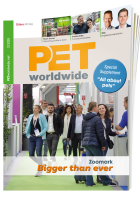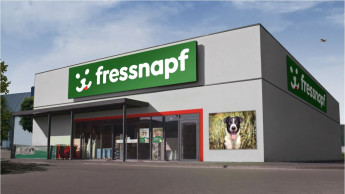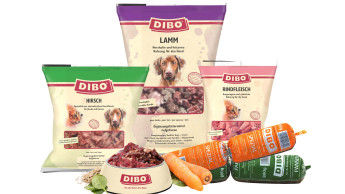

A highly specialised patented form of vitamin C produced and developed by DSM Nutritional Products, initially for the human dental care market, has been clinically demonstrated to provide nutritional oral care support for both cats and dogs.
If unchecked, the development of periodontal disease does not just have an impact on the health of the oral cavity, but has been linked to problems with overall systemic health in both animals and man. Infection and inflammation of the gums and supporting tissues of the teeth, seen in periodontal disease, are caused by plaque, a sticky surface deposit composed of bacteria, sugar and food residue, and the formation of calculus or tartar, which is mineralised plaque. In the absence of regular cleaning, plaque attracts calcium salts and becomes mineralised within a few days. As plaque matures, gingivitis develops into periodontitis, which is characterised by increased mobility of teeth, concurrent gingivitis and sub-gingival calculus.If untreated, this can result in bad breath (halitosis), bleeding and inflammation of the gums, receding gums and the eventual loss of teeth. Without adequate oral care, the bacteria change from somewhat irritating strains to bone-destroying types that produce hydrogen sulphide, causing halitosis and pain. Such bacterial loads and the damage to the integrity of the surface tissue can lead to the development of more extensive disease conditions if bacteria can migrate into the lymphatic system and blood vessels.In healthy animals, the transient bacteraemia can be cleared effectively by the immune system. If not removed, however, they may colonise other areas of the body, impairing immune and organ function. Periodontal disease has been linked to conditions of the heart valves and pulmonary airways and changes in the kidneys, myocardium and liver.Health care measuresRoutine veterinary oral examinations are an important part of health care for all pets, in addition to regular home care. Regular tooth brushing with appropriate pet toothpaste is generally accepted as the most efficient oral home care method for dog and cat owners to remove plaque from their pet's teeth. This is not a procedure that many companion animal owners can carry out effectively, however, or even comply with. In a DSM pet owner survey, only 16 per cent of dog owners cleaned their pet's teeth every day, driving the need for pet products that provide a more complete and convenient approach to oral care.The pet industry has recognised its role in continuing to provide solutions that contribute positively to oral hygiene and a variety of products are available. A pet's diet is generally considered to be a major factor in the development of plaque and tartar and…
Related articles
Read also

 Menü
Menü






 6/2013
6/2013












 Newsletter
Newsletter